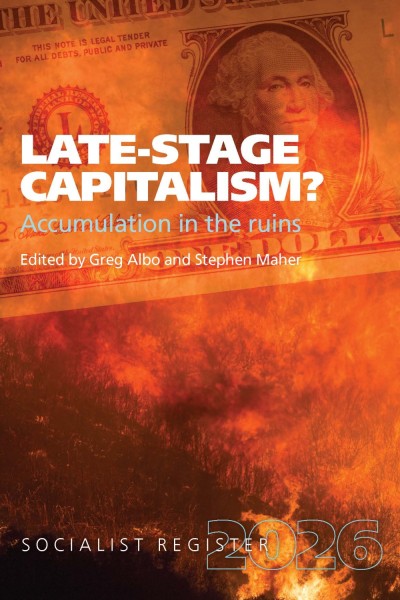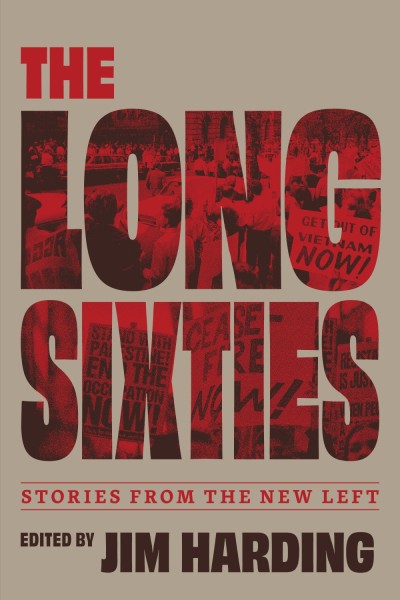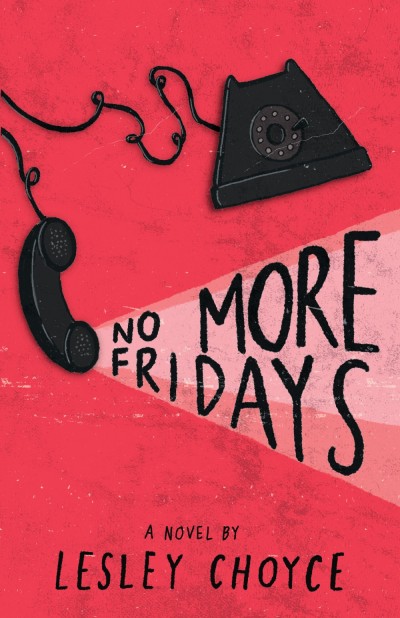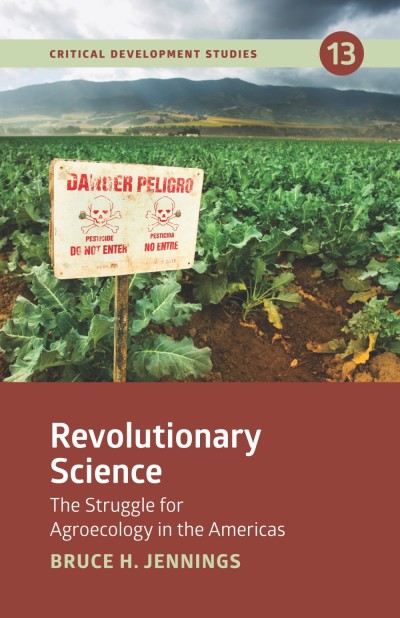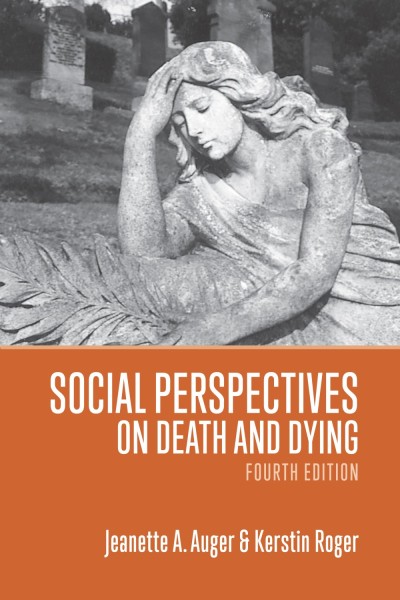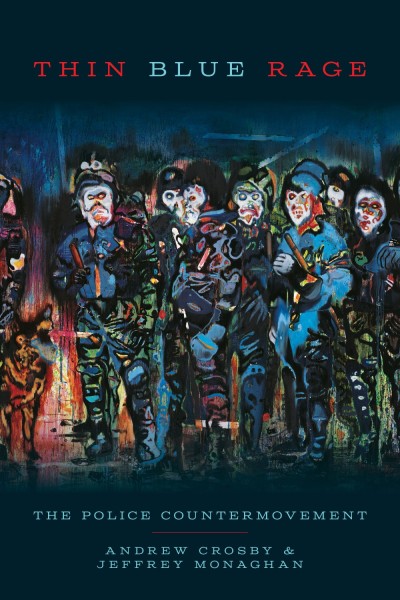
Psychedelic Capitalism
Interrogating the consequences of psychedelic capitalism, Brownlee and Walby point to what could be gained from a just and equitable psychedelic future rooted in the public interest.
About the book
Psychedelics have long been sanctioned as dangerous substances. Today, psychedelics are enjoying a new found appeal, even being idealized as wonder drugs. As part of the so-called psychedelic renaissance, reports abound about the benefits of these substances for remedying individual mental health issues and bringing about social change.
Offering a critical view of these developments, Psychedelic Capitalism locates this renaissance in the context of corporate capture, medicalization, and the war on drugs. Wealthy entrepreneurs are investing billions in the psychedelics industry. Biotechnology firms are racing to capture intellectual property and monopolize psychedelic supply chains. Venture capitalists are leveraging the prospects of a lucrative mass market. Together, these actors are appropriating Indigenous knowledge and claiming ownership over substances that have been in the public domain for centuries.
Brownlee and Walby ask if corporations and the medical establishment are suited to steward the mainstreaming of psychedelics, raising concerns with how the psychedelic renaissance is entrenching systems of inequality, limiting access and affordability, and increasing the reach of drug war surveillance and criminalization. Interrogating the consequences of psychedelic capitalism, the authors point to what could be gained from a just and equitable psychedelic future rooted in the public interest.
Crime & Law Health & Illness Political Economy Public Policy
What people are saying
Shelley Marshall, adjunct professor, College of Nursing, University of Manitoba and harm reduction programme organizer“Psychedelic Capitalism offers a timely and incisive analysis of the rapidly evolving psychedelic terrain. Brownlee and Walby expose where the corporate capture trip is headed through hasty medicalization, commercialization, psychedelic tourism, Big Tech, Big Pharma, and intellectual property practices. The book wakes our senses to how powerful interests are reshaping the meaning of psychedelics, largely to the detriment of Indigenous practices, recreational uses, and communities excluded from the benefits of the new psychedelic frontier.”
Kenneth Tupper, adjunct professor, School of Child and Youth Care, University of Victoria“Psychedelic Capitalism provides an incisively critical analysis of many of the key themes that arise from the renewed interest and legitimacy of psychedelic drugs and substances. In clear and concise prose, Brownlee and Walby weave a cogent and compelling story based on many disparate critical voices and perspectives calling for a closer examination of the often-unbridled enthusiasm for the current psychedelic renaissance. They call for people in—or entering—the expanding field of psychedelic science and therapeutics to critically consider the socio-political and economic foundations of what’s driving the popularization of this (re)emergent area of research and practice. The authors have done an excellent job in taking on this task through a penetrating and dispassionate narrative. “
Erika Dyck, Canada Research Chair in the History of Health & Social Justice, University of Saskatchewan“The authors locate these increasingly popular substances within the context of regulation, policy and, notably, capitalism. They offer a close reading of what is happening inside the psychedelic gold rush, in particular its social justice implications. Psychedelic Capitalism contains a diverse array of sources and voices –perspectives that have been shaping the fast-paced environment, even when some of the players inside the psychedelic bubble mourn the slow pace of change.”
Contents
- A Just Future for Psychedelics
- The Psychedelic Renaissance
- The Endless War on Drugs
- Mystical Experiences and the Process of Belief
- Power, Politics and Social Change
- Psychedelic Medicalization
- Psychedelic Capitalism
- Legal Change and Psychedelic Futures
- Turn On, Tune In, Cash Out?




